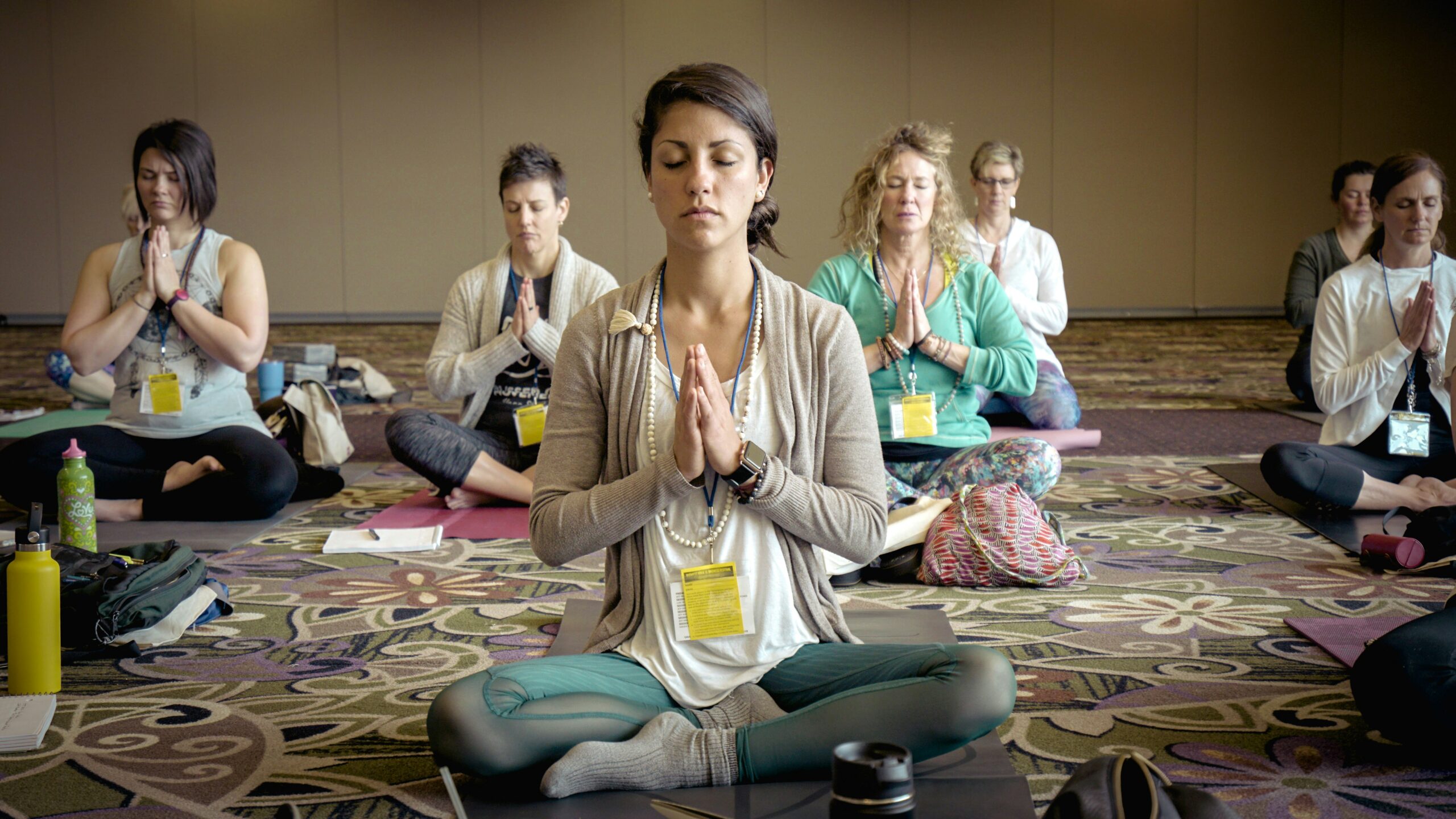 We are picking up where we left off on our last blog post about PTSD in Family Systems as we enter National Post-Traumatic Stress Disorder (PTSD) Awareness Month. This blog will take a deeper dive into this complex mental health condition that affects millions of people worldwide. It can develop after experiencing or witnessing a traumatic event, such as natural disasters, serious accidents, terrorist acts, war/combat, or violent personal assaults. As mental health therapists at Bright Idea Counseling, we have seen firsthand the profound impact PTSD can have on individuals and their families. This blog aims to provide a comprehensive understanding of PTSD, its symptoms, and the therapeutic approaches used to treat it.
We are picking up where we left off on our last blog post about PTSD in Family Systems as we enter National Post-Traumatic Stress Disorder (PTSD) Awareness Month. This blog will take a deeper dive into this complex mental health condition that affects millions of people worldwide. It can develop after experiencing or witnessing a traumatic event, such as natural disasters, serious accidents, terrorist acts, war/combat, or violent personal assaults. As mental health therapists at Bright Idea Counseling, we have seen firsthand the profound impact PTSD can have on individuals and their families. This blog aims to provide a comprehensive understanding of PTSD, its symptoms, and the therapeutic approaches used to treat it.
What is PTSD?

PTSD is not just about having bad memories or nightmares; it is a severe and chronic condition that can disrupt a person’s entire life. The hallmark of PTSD is the intense, disturbing thoughts and feelings related to the traumatic experience that last long after the traumatic event has ended. Individuals with PTSD may relive the event through flashbacks or nightmares, feel sadness, fear, or anger, and may feel detached or estranged from other people.
Recognizing PTSD Symptoms:
One of the critical roles of a mental health therapist is to help individuals recognize the symptoms of PTSD, which can vary widely but typically fall into four categories:
- Intrusive Memories:
- Flashbacks: Reliving the traumatic event as if it were happening again.
- Nightmares: Disturbing dreams related to the trauma.
- Severe emotional distress or physical reactions: Triggered by reminders of the traumatic event.
- Avoidance:
- Avoiding places, activities, or people: Anything that might remind them of the traumatic event.
- Refusing to talk about the event: Or avoiding thinking about it altogether.
- Negative Changes in Thinking and Mood:
- Negative thoughts about oneself or the world: Persistent negative beliefs and expectations.
- Distorted feelings of guilt or blame: Often irrationally directed at oneself or others.
- Diminished interest in activities: Especially those that were once enjoyed.
- Feeling detached or estranged: From friends and family.
- Changes in Physical and Emotional Reactions:
- Being easily startled or frightened: An exaggerated startle response.
- Always being on guard for danger: Hypervigilance.
- Self-destructive behavior: Such as drinking too much or driving too fast.
- Trouble sleeping and concentrating: Chronic insomnia and difficulty focusing.
- Irritability, angry outbursts, or aggressive behavior: Often disproportionate to the situation.
The Impact of PTSD:

PTSD can significantly impair an individual’s ability to function in daily life. Relationships can become strained as the person with PTSD may become withdrawn or irritable. Work performance often suffers due to difficulty concentrating or increased absenteeism. In severe cases, PTSD can lead to other mental health issues, such as depression, anxiety, and substance abuse, further complicating the individual’s recovery.
The Therapeutic Approach to PTSD:
Treating PTSD requires a multifaceted approach tailored to the individual’s specific needs. Here are some of the most effective therapeutic strategies:
- Cognitive Behavioral Therapy (CBT):
- CBT is one of the most effective treatments for PTSD. It helps individuals understand and change the thought patterns that are contributing to their distress. A specific type of CBT, called Trauma-Focused CBT (TF-CBT), is particularly beneficial. It involves:
- Exposure Therapy:
- This technique helps individuals face and control their fear by exposing them to the trauma memory in a safe way. This can be done through imagery, writing, or even visiting the place where the trauma occurred.
- Cognitive Restructuring:
- Helps people make sense of bad memories. Sometimes people remember the event differently than how it happened, and they feel guilt or shame about something that is not their fault.
- Helps people make sense of bad memories. Sometimes people remember the event differently than how it happened, and they feel guilt or shame about something that is not their fault.
- Eye Movement Desensitization and Reprocessing (EMDR):
- EMDR is a structured therapy that encourages the patient to briefly focus on the trauma memory while simultaneously experiencing bilateral stimulation (usually eye movements). This is thought to reduce the vividness and emotion associated with the trauma memories.
- Medication:
- Medication can also be an important part of the treatment for PTSD, particularly for symptoms of severe depression and anxiety. Selective serotonin reuptake inhibitors (SSRIs) and serotonin-norepinephrine reuptake inhibitors (SNRIs) are commonly prescribed. Other medications may be used to treat specific symptoms, such as insomnia or nightmares.
- Group Therapy:
- Group therapy provides a supportive environment where individuals with PTSD can share their experiences and coping strategies with others who understand what they are going through. This can reduce feelings of isolation and help individuals learn from others’ experiences.
- Mindfulness and Stress Reduction Techniques:
- Mindfulness-based techniques and other stress reduction methods, such as yoga and meditation, can help individuals with PTSD manage their symptoms. These techniques can improve emotional regulation and reduce the impact of stress on the body.
The Role of Support Systems:
Recovery from PTSD is often a long-term process, and having a strong support system is crucial. Family and friends can play a vital role by providing emotional support, understanding, and encouragement. Education about PTSD can help loved ones understand what the person is going through and how best to support them. For more information on ways to show support to your family or loved one with PTSD check our last blog Learn More.
Self-Care and Coping Strategies:
For individuals with PTSD, self-care is an essential part of the recovery process. Here are some strategies that can help:
- Establish a Routine:
-
- Creating a predictable daily routine can provide a sense of normalcy and control.
- Stay Connected:
-
- Maintaining connections with supportive family and friends can provide emotional support and reduce feelings of isolation.
- Physical Activity:
-
- Regular exercise can help reduce stress and improve mood. Activities such as walking, running, swimming, or yoga can be particularly beneficial.
- Healthy Lifestyle Choices:
-
- Eating a balanced diet, getting enough sleep, and avoiding alcohol and drugs can have a positive impact on overall mental health.
- Engage in Pleasurable Activities:
-
- Doing things that bring joy and satisfaction can improve mood and provide a break from distressing thoughts.
The Importance of Seeking Help:
One of the most important messages we can convey as therapist is the importance of seeking help. PTSD is a serious condition, but it is treatable. Early intervention can make a significant difference in the outcome. If you or someone you know is struggling with symptoms of PTSD, reach out to a mental health professional. To learn more about Bright Idea Counseling Services click the link Contact Us
Conclusion:
PTSD is a challenging and often debilitating condition, but with the right treatment and support, individuals can recover and lead fulfilling lives. Understanding PTSD, recognizing its symptoms, and knowing the available treatment options are the first steps toward healing. As mental health therapists, we are committed to supporting individuals on their journey to recovery, helping them reclaim their lives from the grip of trauma.
If you or a loved one is experiencing symptoms of PTSD, don’t hesitate to seek help. Remember, you are not alone, and effective treatment is available. Recovery is possible, and there is hope for a brighter, healthier future.
Additional Resources:
If you want to learn more about the impact PTSD has on family systems check out our other post Read More.
For more information on PTSD and available resources, consider the following organizations:
- National Institute of Mental Health (NIMH)
- American Psychological Association (APA)
- PTSD Alliance
- Substance Abuse and Mental Health Services Administration (SAMHSA)
These organizations offer valuable information and can connect you with resources and support networks to aid in your recovery journey.
Explore Our Services at Bright Idea Counseling
At Bright Idea Counseling, we offer a wide range of therapy services tailored to meet your unique needs. From individual and family therapy to specialized programs for stress management and mental health, our experienced team is here to support you every step of the way.
To learn more about how we can help you and your loved ones, click the link below.
Discover the Support Your Family Deserves
At Bright Idea Counseling, we understand that every family faces unique challenges and stresses. Whether you’re navigating the ups and downs of daily life or encountering more complex issues, our dedicated team is here to help.
Don’t face these challenges alone. Reach out to us today to learn more about our personalized therapy services and see how we can support your family’s journey toward well-being and harmony. Contact us now to schedule a consultation and take the first step towards a brighter tomorrow with Bright Idea Counseling.



